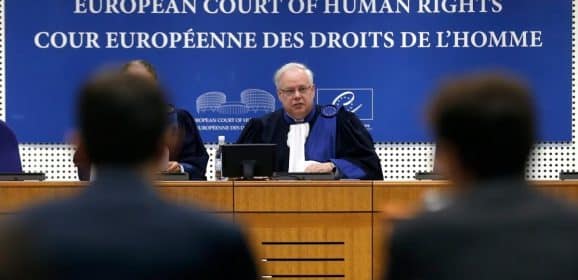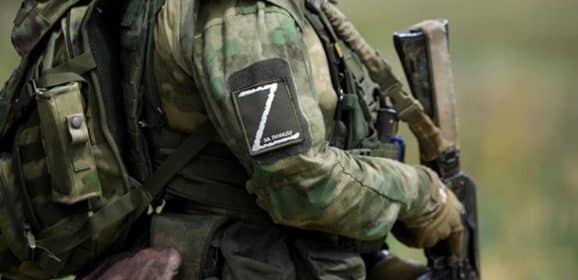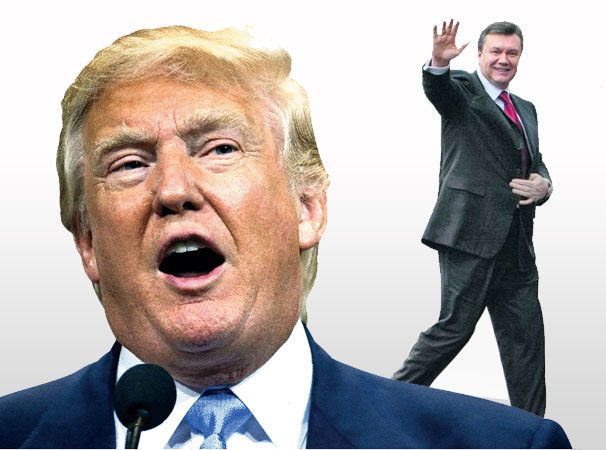Victory for Donbas: all about the European Court’s decision which will change the world’s opinion on Russian aggression
Wednesday, May 3, 2023 - 12:26 (EEST)
On January 23, the Parliamentary Assembly of the Council of Europe (PACE) held a difficult discussion for Ukraine. First in the committee, and then in the plenary hall, Western European deputies strongly opposed the fact that the PACE’s decision should mention the beginning of Russia’s armed aggression against Ukraine in 2014. “The Council of Europe’s position is that the Russian invasion began in 2022,” Belgian MP Christophe Lacroix sincerely assured the audience. Back then, Ukraine did manage to win, but it was hardly a convincing victory. The reference to 2014 was approved with 47 votes in favor, 43 against, and 12 abstentions. About 20 other attendees decided not to vote for the amendment at all, so as not to show what position they held. That is, even after explanations and persuasion from fellow Ukrainians, their claim that the war has been going on since 2014 was supported by far less than half of the European parliamentarians. This story proves how important the ECHR’s (European Court of Human Rights) decision is, which appeared the very next day. On January 25, the European Court of Human Rights issued an interim verdict in the so-called “big Donbas case.” This decision was an absolute, undeniable victory for Ukraine. The court cleared up the question of Russia’s role in the hybrid aggression in eastern Ukraine. It confirmed that since April 2014, Russia has been carrying out a military invasion of Donetsk and Luhansk regions; since May, Russia’s control over the occupied territories has become absolute; in the summer, Russia moved to full-scale deployment of troops to Donbas, as well as Russia bears full and unlimited responsibility for what happened in the occupied territories. It is now legally proven that Russia’s war with Ukraine has been going on for almost nine years. Disputes like the one that took place in PACE no longer make sense. In addition, the Court’s decision will have a real financial impact on many Ukrainian businesses, and sometimes on ordinary citizens affected by the Russian aggression in Donbas. This article explains the content and consequences of the historic European Court of Human Rights’ judgment with the help of questions and answers. What this case is about? In short and simplified terms, the ECHR is considering a collective complaint from two states (Ukraine and the Netherlands) against a third state (the Russian...
Read more






